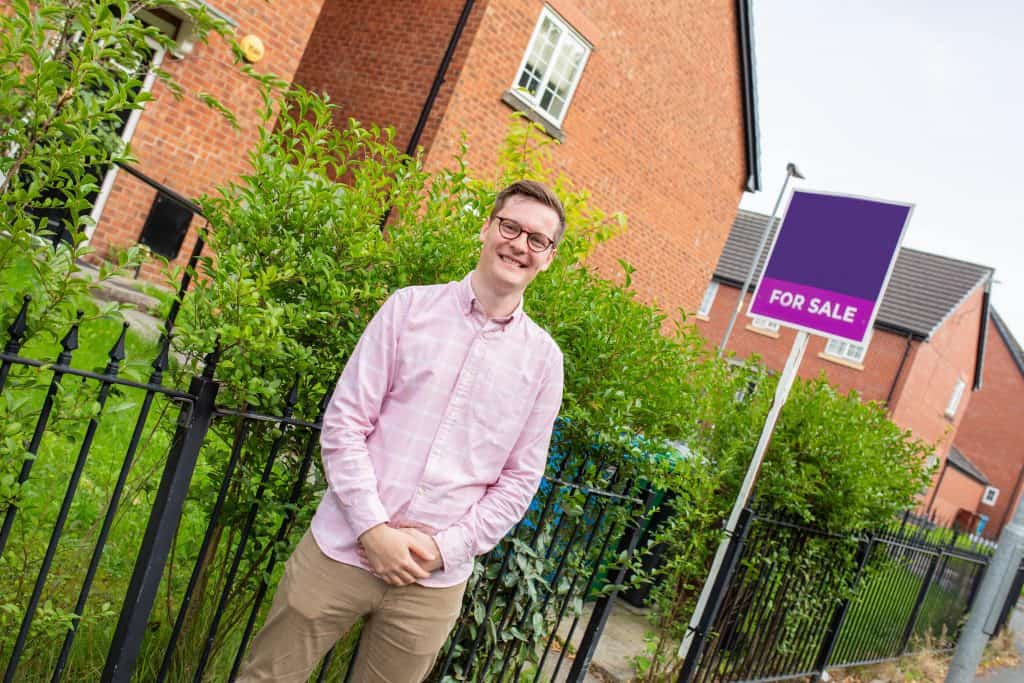How much deposit do you need?
Home > Stipend Mortgage > How much deposit?
How much deposit do you need?
There are some things to look out for which can affect the deposit size required. Examples are the property you wish to buy, and your specific circumstances. For example non-EU nationals may need a larger deposit if buying by themselves. You may also need a larger deposit if you have bad credit.
Last updated: 24th July 2022
What’s the minimum deposit needed?
The minimum deposit needed is 5%. Some lenders will treat your stipend just like a salary and as they allow 5% deposits for regular income, the same is true for stipend mortgages.
If you are applying for a stipend mortgage with bad credit you may need a lager deposit though it can still be done with 5% if the bad credit was long enough ago, or not significant.

Is a bigger deposit better?
Yes, assuming you can get to the next 5% threshold (eg 15% instead of 10% or 11%).
Here’s why:
Lower interest rates
As the size of a deposit increases the mortgage lenders see you as lower risk. Therefore, they can offer you a lower interest rate. So not only do you owe less with a bigger deposit, you are paying a lower interest rate on the amount you owe.
Higher borrowing amount
The best stipend lenders actually consider lending you more if you have a larger deposit. With a 5% a stipend mortgage lender might limit your borrowing amount to just four times your annual stipend. Increase this to a 10% deposit and they can consider 4.25 times your income and a 15% deposit could increase to 4.45 times your income.
If a couple had income of £35,000 between them and a deposit of 25% they may be able to borrow just under 5 times their annual income
How to decide on a deposit size
How much to put down will depend on your specific circumstances, which we will discuss.
Some people put down a deposit of all that they can, which is all their savings, minus some funds for the costs of moving (like solicitor fees). This means they owe the least amount possible on the mortgage and therefore it costs the least it can.
Some people want to have some cash in the bank after completion or use their money to do other things with, and this is fine.
You don’t need to confirm exactly how much deposit you want to put down until you’ve found the property and had an offer accepted. If the property needs some work, you might want to put down a smaller deposit so you’ve got some cash available for improvements. If it’s in great condition you might be able to put a larger deposit down and take advantage of lower interest rates and monthly payments.
Deposits on flats
The very best stipend lenders will consider 5% deposits even on flats, so long as they are over 2 years old.
Deposits on new builds
For new build houses a 15% deposit is going to be required if using stipend as income. There are some 10% and even 5% deposit options on new builds, but none of the stipend friendly lenders do.
There is an exception to this though. You may be able to get a stipend mortgage on a new build house with a 10% deposit however at the moment it would have to be on a discount rate mortgage.
Deposits on new build flats start from 20% but 25% gives you more options.

Deposits for non-British borrowers
Non-British borrowers face different rules on deposit requirements.
If you have settled or pre-settled status to live and work in the UK you will be treated just like a British borrower with the best stipend lenders.
If you don’t have indefinite right to remain in the UK but you are applying with somebody who does have indefinite right to remain then the minimum deposit can be just 5%.
If nobody on the application has indefinite right to remain in the UK then you may need a 30% deposit.
See the page on non-British borrowers for more information on requirements and read this page if you are on a spouse visa.
Source of depsoit
When applying for a mortgage the lender will want to know where your deposit money has come from. You will also have to prove this.
Read about what documents are required to prove your deposit.
Savings
Money that you have saved in bank accounts including Help to Buy ISAs and LISAs is the simplest form of deposit.
Gift from family or friends
Gifts from immediate family are widely accepted for deposits. You will have to provide a letter signed by the person making the gift and potentially complete a declaration for the lender.
A family member can also agree to sell you their property below market value and have the difference act as the deposit. There must be a clear family connection though.
A loan from parents
It is possible that your parents can give you a loan to fund your deposit. They are able to then add a charge to the property to protect their loan.
To do this they mustn’t charge you any monthly payments as this will affect your affordability. They would have to agree to you only repaying the loan when the property was sold. You may be able to remortgage when your income increases and borrow more to repay this loan too.
Read more about the ways that parents can help you buy a home while doing you PhD.
Your home may be repossessed if you do not keep up repayments on your mortgage
Why Jamie Thompson Mortgages
- Making professional advice accessible
- Flexibility to suit your schedule
- Simplifying big decisions
- Reliable, friendly, professional
